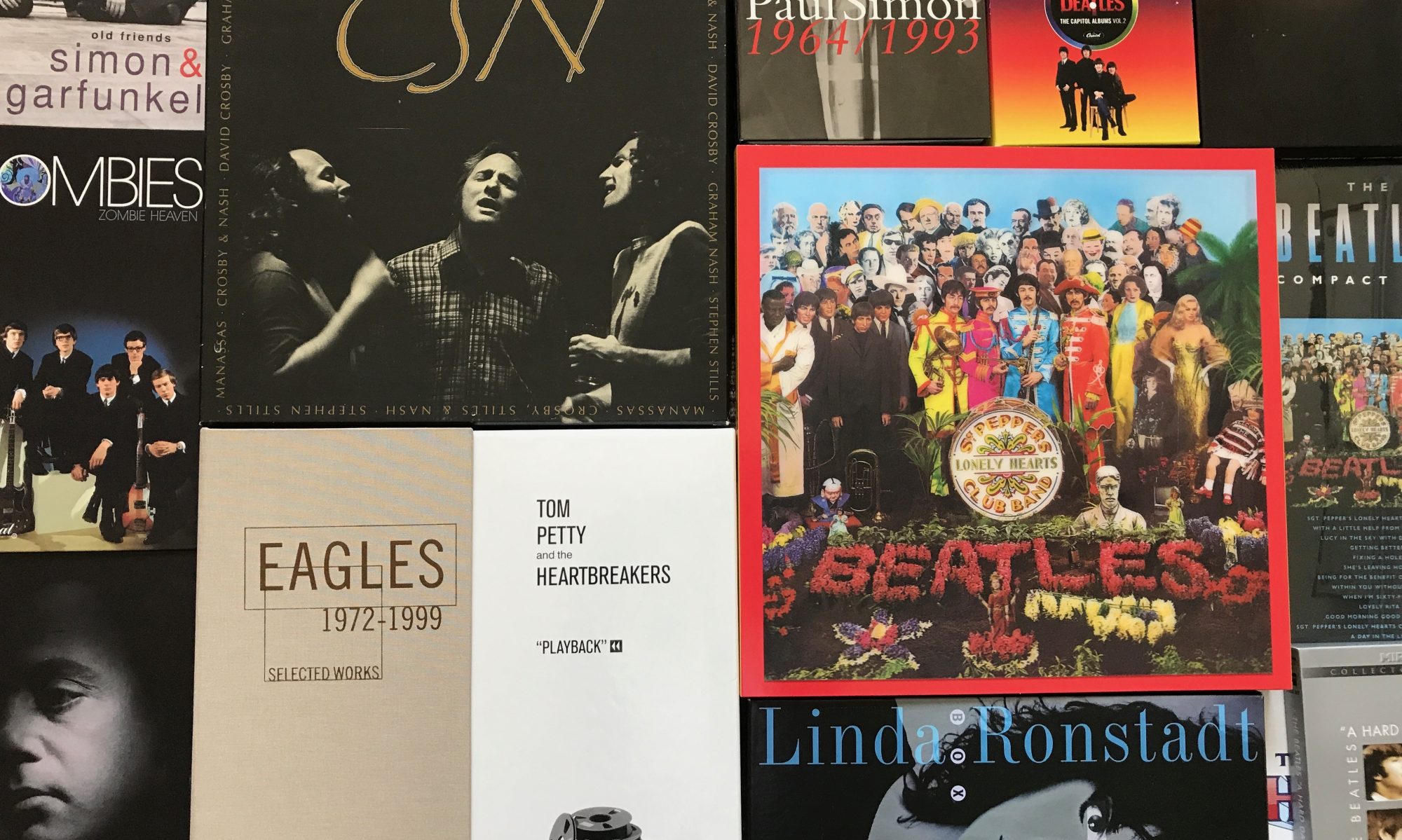Is this the way it’s going to be? People who must be too young to understand The Beatles are writing articles, and they obviously don’t research very well either. We’re getting articles about The Beatles that don’t make sense.
Recently, one young writer was listing artists who influenced The Beatles, and included Creedence Clearwater Revival. Apparently the writer didn’t know that it was the other way around, and that CCR’s burst into popularity came in the last year the four Beatles recorded together, 1969.
An article about the worst Beatles songs had “Yesterday” at #5, and called it “schmaltzy drivel”. Apparently a beautiful melody, heartfelt lyrics, great arrangement, and excellent vocal are not enough to place the most recorded song of all time on the plus side. It would be okay to do an article on The Beatles’ worst songs, but at least make an honest effort.
There are often articles about individual songs. Almost invariably they mention how the song did on the charts. They’ll write that some Beatles song was not a hit. Well that’s because it was never released as a single! After doing this for some time, the writers finally realized the problem, so now they mention whatever album it was on, and how it did on the charts. Then they’ll say something like… “Even though the song wasn’t popular….”. With album cuts, there’s no way to definitively measure their popularity.
One writer on this site, Showbiz Cheat Sheet, seems to have a goal of slamming Lennon & McCartney’s best songs. His comments would never be made by anyone who knows music. The songs he tries to diminish have inspired generations of musicians and songwriters, but this guy thinks he knows more than all of them. He needs to be removed from his current assignment, so he can write about something he knows and likes.
Now there’s outrage over Ringo Starr’s 1973 hit “You’re Sixteen”. A writer for Showbiz Cheat Sheet says it’s “gross” and “reprehensible” that Ringo would sing about a sixteen-year-old girl, because when the record was released he was 33! The song goes back to 1960 when professional songwriters Robert and Richard Sherman wrote it for singer Johnny Burnette. The recording went to #8 on the Billboard singles chart. The writers and singer were all too old for a 16-year-old girl. But they weren’t writing about themselves as possible boyfriends for the girl, they were writing a song for teenage boys and girls who could imagine themselves in the song.
Ringo likes singing old Rock & Roll songs, and “You’re Sixteen” is a fun one. Can’t we all imagine ourselves being sixteen? The recording was extremely well produced by Richard Perry, and there’s great piano work by Nicky Hopkins. The public agreed, and the song was a number-one hit from the best-selling 1973 album, Ringo.
The term “teenager” was coined in the 1950’s and applied to the “Baby Boomer” generation…the largest demographic in U.S. history. This was the group buying records, and especially 45-RPM singles. So, professional writers and performers aimed their songs at teenagers. It was the same way for some of the songs by the writing teams of Jerry Leiber & Mike Stoller, Barry Mann & Cynthia Weil, and Gerry Goffin & Carole King. Even The Beatles originally wrote songs with teenagers in mind.
Another common mistake by the writers of numerous Beatles articles is that they grab one moment in history, or a comment one of The Beatles made. They make a big deal about that comment, but don’t provide any historical perspective of how that moment in time played out, or was amended by later comments or circumstances.
There was also a recent article about Beatles songs that the author said “made no sense”…that the lyrics didn’t mean anything. Examples he used included “Strawberry Fields Forever” and “Lucy In The Sky With Diamonds”. Specifically pointed out was the “Strawberry Fields” line… “No one else is in my tree. I mean it must be high or low.” John Lennon always knew he was different, and wasn’t sure how he fit in, but the article’s writer thought the words were just nonsense. Do they even know that Strawberry Field is a real place from John’s childhood? As for “Lucy”, it’s an Alice In Wonderland style of song, and is using words to paint a psychedelic world. The song title was taken from a drawing done by John’s young son, Julian.
When it comes to some of the recent writers of Beatles articles, maybe a John Lennon “nonsense” line said it best… “Living is easy with eyes closed, misunderstanding all you see.”





Daniel Van Auken is a young Beatle-oriented writer who, unlike those you’ve mentioned, is at the forefront of a new generation of serious discussion. Maybe you’ve heard of him? He’s amassed a large following on Medium.
Saw Van Auken’s stuff on instagram earlier last year and didn’t think I’d like it but I’ve read most of his stories now and follow him and find his stuff way better than most.